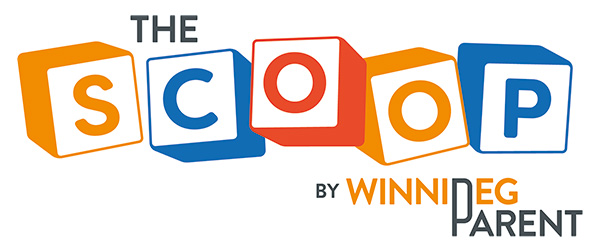Every day, children (and adults) bump their heads—on the playground, during a game, or just while out and about. Sometimes, what seems like a small hit can have a big impact on the brain. This is a concussion. Concussions are more than just a headache; they’re a type of brain injury that can affect how you think, feel, and move. A concussion is like your brain getting a little shaken up—kind of like when a snow globe gets a big shake.
We asked Sport Manitoba to help us understand more about concussions. Read more below to find out what they have to say.
WP: How do concussions occur?
SM: A concussion is a head and brain injury. A concussion can be caused by a direct or indirect hit to the head or body. For example: a car crash, fall, or sport injury. With a concussion there is no visible outside injury to your head, it affects your brain.
It’s important to know that there is often no visible injury to the outside of the head or there might not be visible injury as sometime people get bruising or bumps or even a cut.
WP: If you think your child has a concussion, what should you do?
SM: It is important to seek a medical assessment immediately after an impact hit to the head or body. Often, concussions can go untreated (and even unnoticed by others) because symptoms are unreported or unrecognized. Concussions are that ‘invisible’ injury.
WP: What are the most common symptoms of a concussion that I should watch for?
SM: It is important to remember that some symptoms might appear right away, and some may appear later. No two concussions are the same. There are many symptoms to watch for, here are the most common:
- Headaches or head pressure
- Easily upset or angered
- Dizziness
- Sadness
- Nausea and vomiting
- Blurred or fuzzy vision
- Feeling more emotional
- Sensitivity to light or sound
- Sleeping more or sleeping less
- Balance problems
- Having a hard time falling asleep
- Feeling tired or having no energy
- Not thinking clearly
- Difficulty reading
- Feeling slowed down
WP: How can the doctor diagnose a concussion?
SM: This may take several steps. Your doctor may ask questions about activity and sport history, other recent injuries. They should conduct a physical and neurological exam. This can include checking memory and concentration, vision, coordination and balance. Further tests may include a CT scan or MRI, but these are rarely necessary diagnosis a concussion.
WP: I don’t want my child to live in a bubble, but can concussions be prevented?
SM: While there is no guaranteed way to prevent a concussion, there are many precautions you can take to prevent or minimalize a concussion. Prevention of concussions is most successful when everyone is properly educated, and safety rules are followed. In the case of contact sports, properly fitted equipment can help reduce the risk and severity of the head injury.
Sport Manitoba offers valuable resources for parents on topics such as concussions, return-to-play protocols, and other important information every parent should know. To learn more, visit sportmanitoba.ca.






